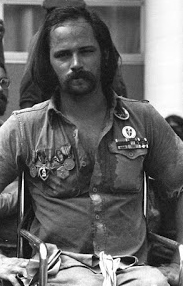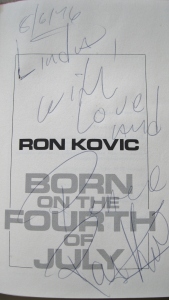
In 1978, when I was about to give birth for the first time, my mother-in-law and my mother were full of information I would never need. Motherhood had changed since their day, when babies were on strict schedules and parents believed that letting them “cry it out” was in everyone’s best interest.
We were the New Mothers, and we were reinventing the parenthood wheel. We had everything figured out by reading books, Lamaze breathing our way through labor, breastfeeding on demand, and raising children who might never know a critical word but would always have a room full of soccer trophies to call their own.
I know. I know. It’s a new day, and by now everyone knows that my generation didn’t make fewer mistakes than our mothers had —just different ones. Everything is again different when it comes to babies, and I wouldn’t dream of getting into a discussion about baby sign language or sleep training, because I’m just that far behind in baby trends.
But maybe there are a few things that never changed and never will. So because I can’t see any patent disinterest in your faces as you read this, here you go, New Mothers — truths from an Old Mother.
* You will be holding your newborn, maybe even your first day home, and you will have a flashback of yourself as a teenager. You’ll hear the exact vile words you uttered to your parents, and see yourself as you stomped out of a room, amazed by how truly stupid they were. When that memory comes to you, you’ll wish you could go back in time and smack yourself in your fourteen-year-old head.
* When you find yourself tacking a sign to the front door for the UPS delivery person: “Do NOT ring bell! Baby sleeping!!” you will recall all those conversations you had with friends that started with your saying: “Our lives won’t change after the baby.” You might wish you hadn’t been quite so specific about your plans to backpack through Colorado with your infant strapped to your chest.
* You will glance down at your beloved cat or dog, the one you bought Halloween costumes for and gave a pseudo baby name. Suddenly it occurs to you that it can’t talk. And it eats off the floor.
* Your baby will roll over or sit up for the first time, and you’ll say out loud, “That’s really early to do that, right?” You’ll search the Baby World Records Book to see if he is a contender. You will throw around the word “genius” more than once, even if it’s just in your head. The first Kindergarten parent/teacher conference might rein this in for you. (Okay, it did for me.)
* The word “poop” will grace nine out of ten conversations and you’ll wonder why you didn’t talk about poop more often before this. That’s how fascinating it’s now become. I am not kidding.
* Under oath, you will declare that you cannot possibly love a second (or third or fourth) baby the way you do your first. Then someone will place that new baby into your trembling arms, and you’ll realize that love can be divided in two without changing one molecule. It’s non-mathematical. It’s magical. And it will come over you that very first second.
* In the middle of the night with a screaming infant, you will long for that pregnancy heartburn you believed was the worst thing ever. And here’s a little sneak peek into the future: When your baby is seventeen and out somewhere driving with her friends, you’ll long for the nights she was in her crib, even if she was wailing away. In other words, there is always something coming.
* For the rest of your life, when you read a story about a person who has done something horrible — something despicable and beyond forgiveness — you will think, although maybe not right away, “That is someone’s child.” You will know at your core just what that sentence means.
* Some days will seem many miles long. But the culmination of them will whiz by while you’re looking the other way. Try to laugh as much as you can. It’s one of the few sounds your child will remember for an entire lifetime.
* You will ask, and you will ask this a lot: What did I do before this? How did I love before this? Why didn’t someone tell me?
You just couldn’t hear them until now. Welcome to motherhood.


